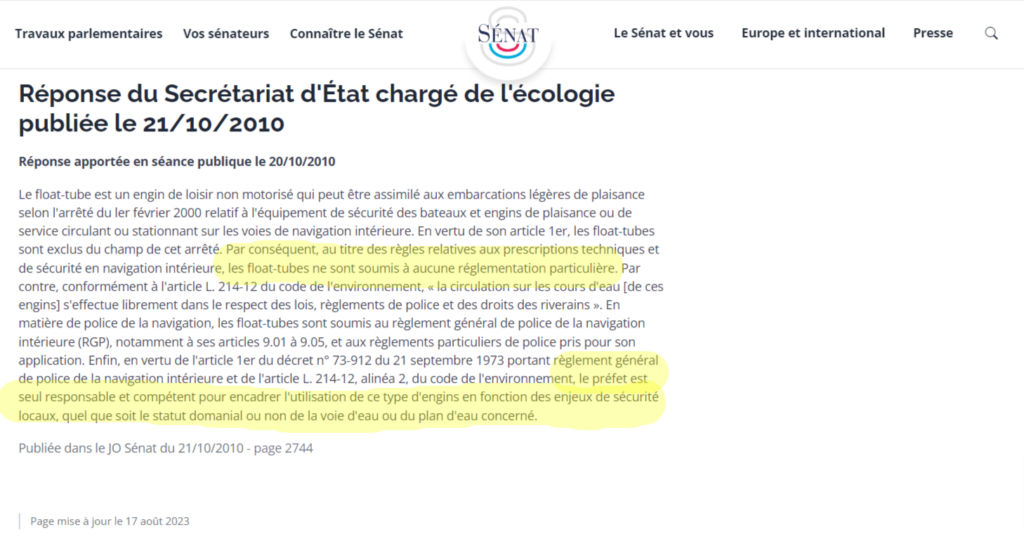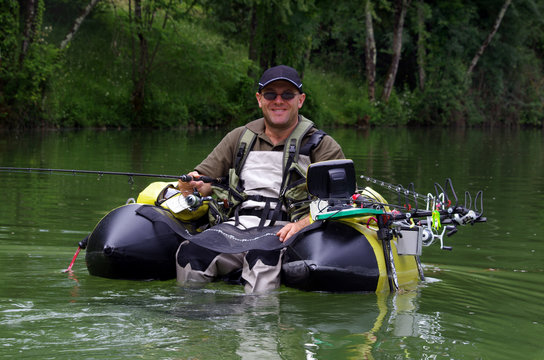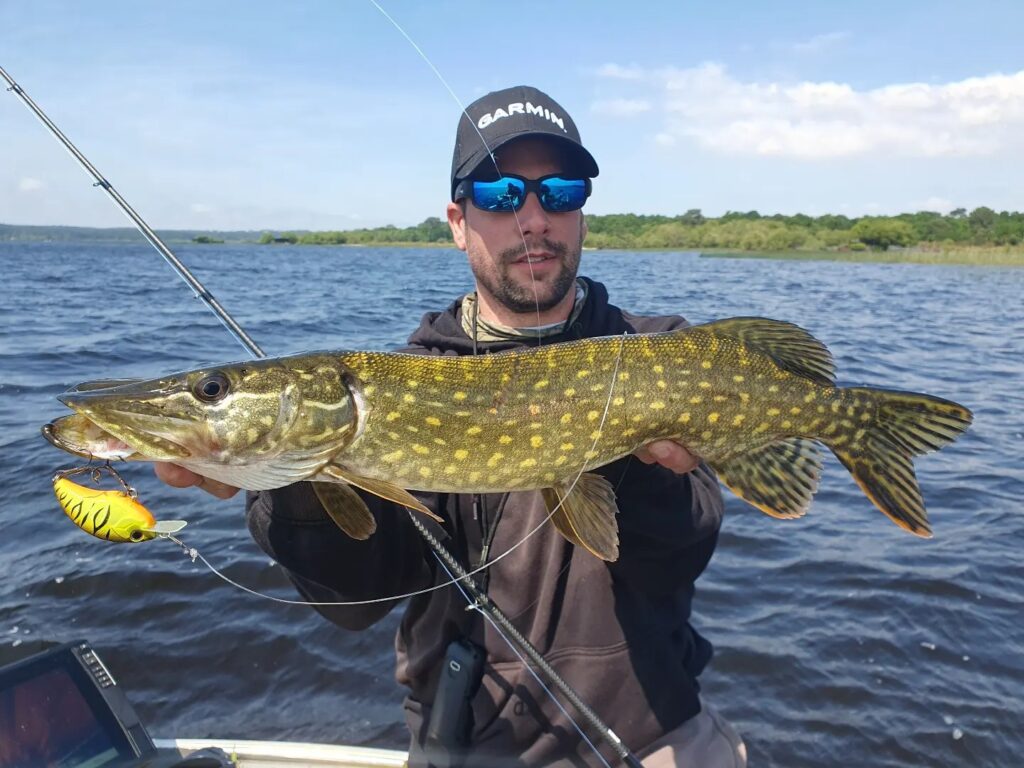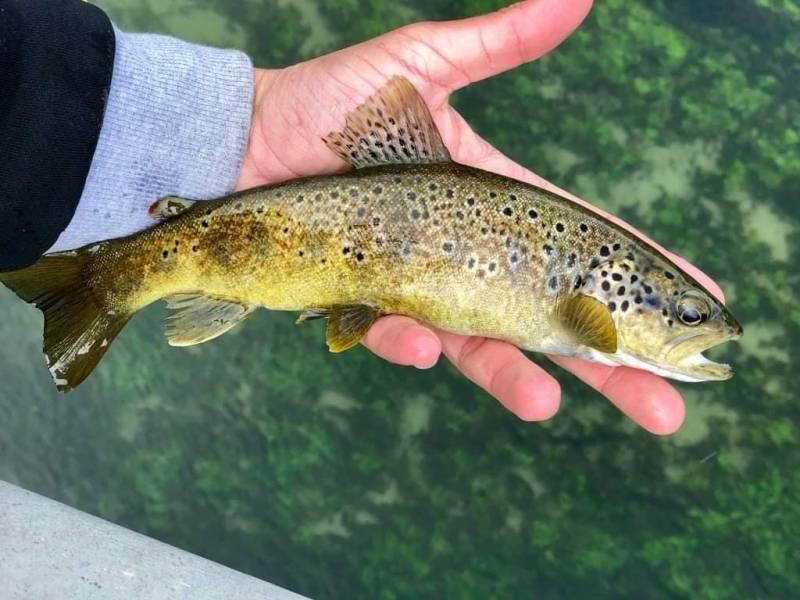What are the current regulations on float-tube fishing? If you're a float-tube angler, you've probably already wondered whether you have the right to fish on a particular river. Unfortunately, the answer to this question is not always as clear-cut as you might like. The regulations governing the use of float tubes vary from region to region, which can lead to confusion. So here, to date, is everything you need to know about float-tube fishing and its regulations in France.
Float-tube fishing and regulations: Legal uncertainty in force
The float tube is a boat a leisure activity dedicated to fishing. As such, float-tubes must comply with very specific regulations.
The question of float-tube fishing and regulations is a subject that has been debated all the way to the Senate, underlining the complexity of the situation. So what exactly do the regulations say about the use of float tubes? Here's the official answer presented in public session on 20 October 2010 by the Secretary of State for Ecology.

To sum up, float-tube fishing and regulations are currently in a state of legal limbo. This is because, to date, there are no national regulations governing the use of float-tubes. However, there is one important caveat: each prefect has sole authority to regulate the use of float-tubes in his or her region.
In other words, float-tube regulations can vary considerably from one prefecture to another, which can make it difficult for anglers to understand the legislation.
It is therefore essential to note that even in the absence of specific regulations on float-tubing, you must always navigate and fish in compliance with the law, police regulations and the rights of local residents. This includes compliance with the General Police Regulations for Inland Navigation (RGP), in particular Articles 9.01 to 9.05.
How can I find out about local regulations?
If you're wondering whether you're allowed to float-tube fish in a particular region, the best thing to do is to check with your local prefecture, town hall or fishing federation. Even if everyone is supposed to know the law, it can be hard to find in this particular case.

One piece of advice we can give you: be respectful of the authorities and local residents. Your behaviour as a float-tube angler can have an impact on future regulations. It is therefore essential to maintain a good relationship with all stakeholders to avoid float-tube fishing being banned through ignorance or in response to irresponsible behaviour.
A few tips for float-tube fishing
In the absence of specific regulations on float-tubing, it is essential to remain cautious and responsible. Here are a few tips you might find useful when out on the water:
- Regularly check the condition of your float tube, in particular whether it is still fully inflated.
- Wear a lifejacket. This can prevent any problems once you're on the water.
- Keep a knife handy for any eventuality. Several anglers have been caught by catfish, which have caused them to fall and be swept under the water.
- Watch out for nearby waterways and boats.
- For greater safety and conviviality, opt for group outings.
- Carry a mobile phone in a waterproof bag for emergencies.
By respecting these rules of good conduct, you are helping to preserve the reputation of float-tube fishing and ensure that this method of fishing remains accessible to all enthusiasts. Remember: if in doubt, ask questions to avoid any unnecessary problems. Enjoy your float-tube outings in complete safety and with respect for the environment.
Useful links to complete this article on float tubes and regulations:
Everything you need to know about soft lures for predator fishing
Megabass X Layer: A legendary lure that's a must-see
Surface lures - Everything you need to know about surface lure fishing
Texan rig fishing - All you need to know about the Texan rig fishing technique




